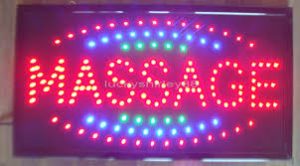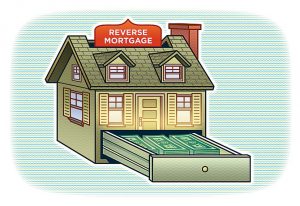
We have advised our readers of the process for bidding at a foreclosure auction sale in New York. Perhaps you have attended the auction, participated and made the highest, winning bid. This post will address what happens next.
Upon making the highest bid, the participant will need to make an immediate payment of ten (10%) percent of the bid price. The auctioneer will provide a written receipt and the parties will sign the receipt. The successful bidder should contact an experienced attorney and provide the Notice of Sale, Terms of Sale and Receipt to his attorney. Your attorney should review these documents to ensure compliance by the successful bidder as well as the party auctioning the property.
Typically, Terms of Sale provide for the bidder to close and receive the Referee’s Deed to the property within thirty (30) days of the auction sale. Failure to do so may result in the loss of the deposit and the auctioning party offering the property to the next highest bidder or holding a second auction. Therefore, the successful bidder should be prepared to pay the balance with readily available liquid funds, without the need to apply for a mortgage. The attorney should order a title report, which will be bound in a title policy at closing, so that no other liens will encumber the property and the status of real estate tax payments is known for adjustment purposes. Then, the successful bidder will have the benefit of title insurance.
 New York Real Estate Lawyers Blog
New York Real Estate Lawyers Blog










